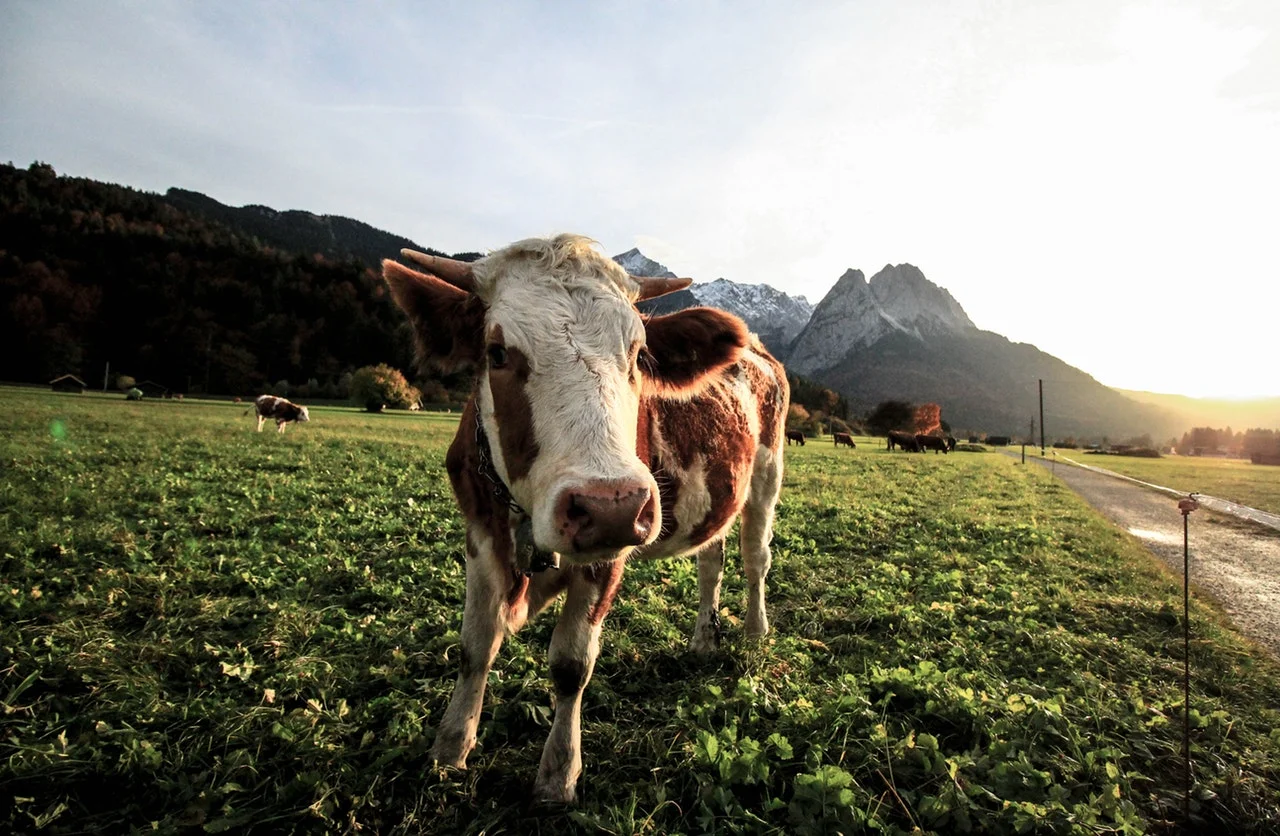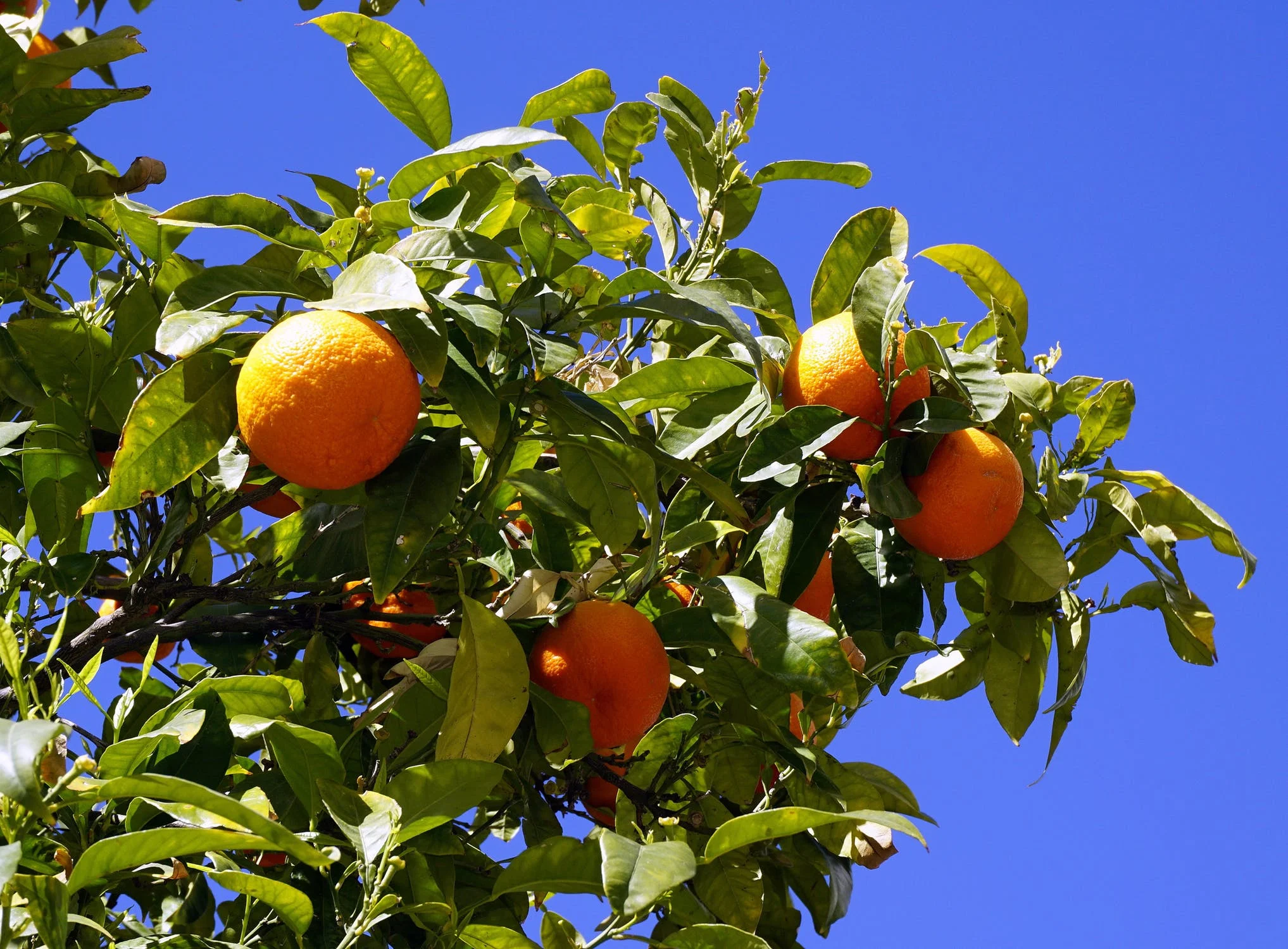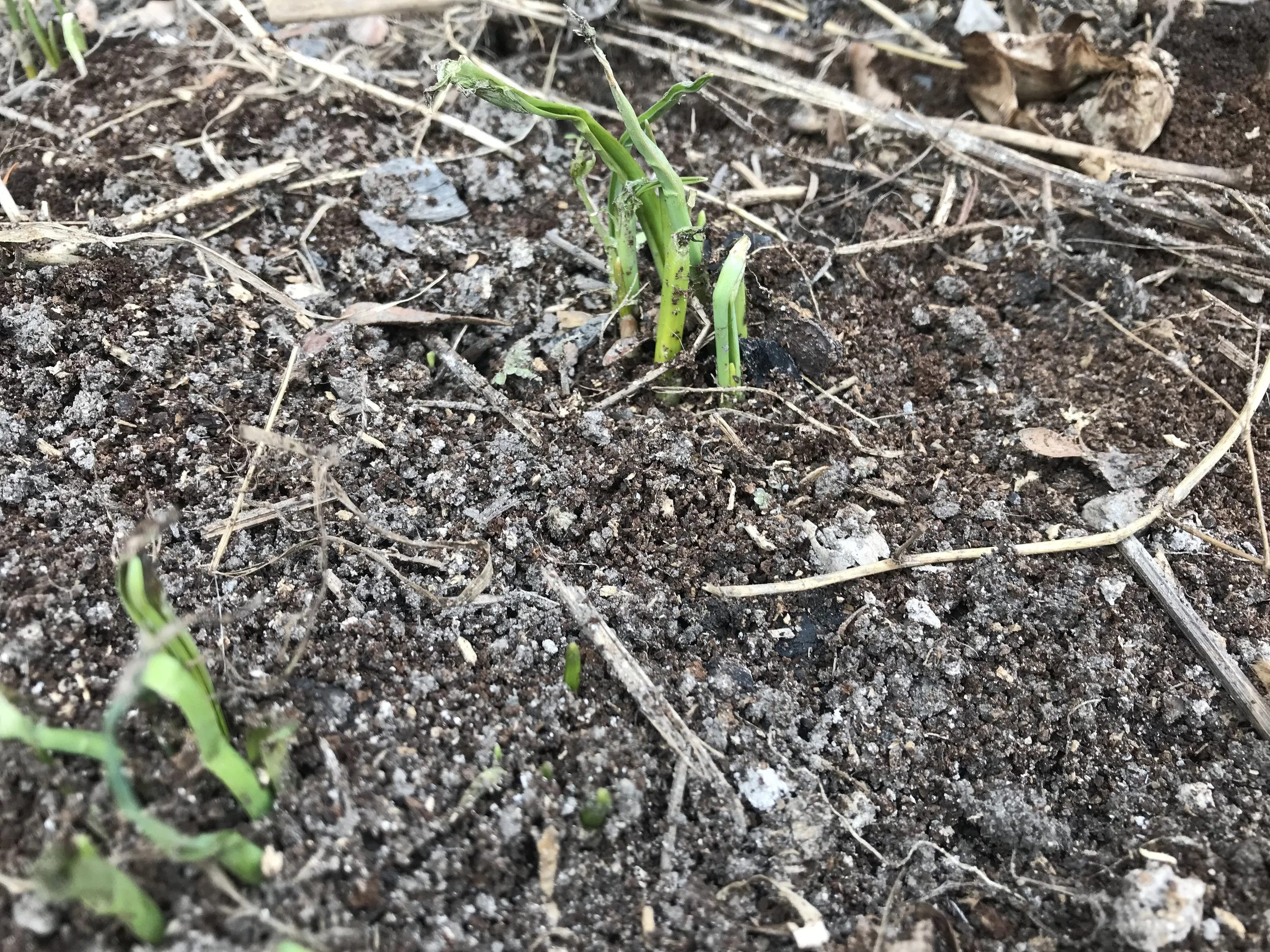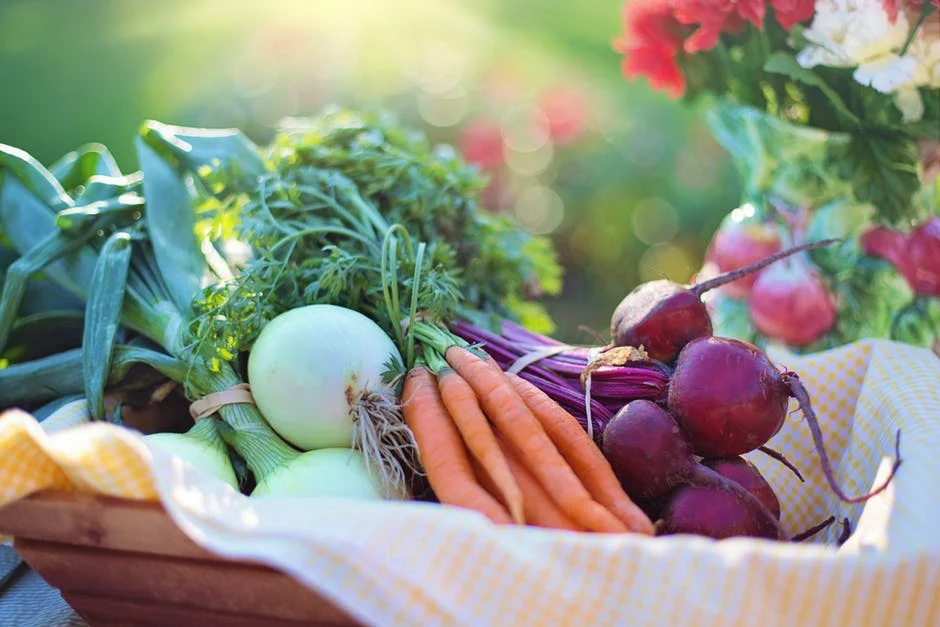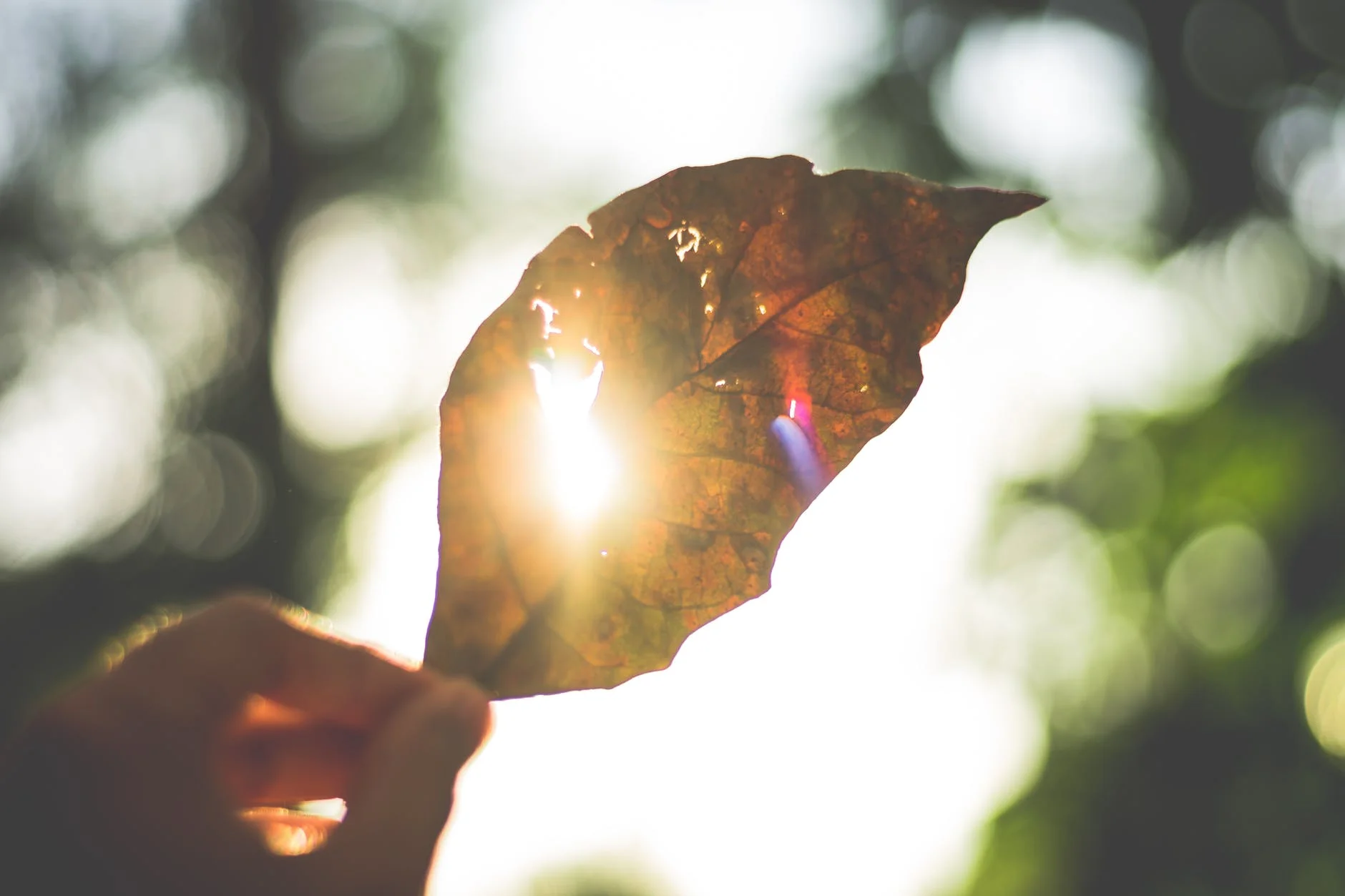We’ve been aware of the possibilities of solar power for a long time now. Perhaps even longer than you may think! In fact, this concept has been around since the early nineteenth century. In 1839, Alexandre Edmond Becquerel discovered the very photovoltaic effect that explains how electricity can be generated from simple sunlight. He claimed that by shining a light on an electrode submerged in a conductive solution, you could create an electric current. This was all fine and well, but it took almost another one hundred years before photovoltaic energy could be put to efficient use. After extensive research and commitment to the cause, Russell Ohl invented the transistor and solar cell, both early steps towards the development what we today refer to as “solar panels”. These are a viable and efficient way to produce energy without damaging the planet. Say the sun produces 100% energy. Modern solar panels can now convert around 15 to 20% of the sunpower (or sun rays) into reusable energy. This may sound like low performance, but it’s impressive and ever-increasing. So, seeing as solar power is bettering by the day, perhaps it’s time to give it a chance! Here are a few reasons why and the process you need to follow in order to incorporate solar energy into your farm!
Read More


